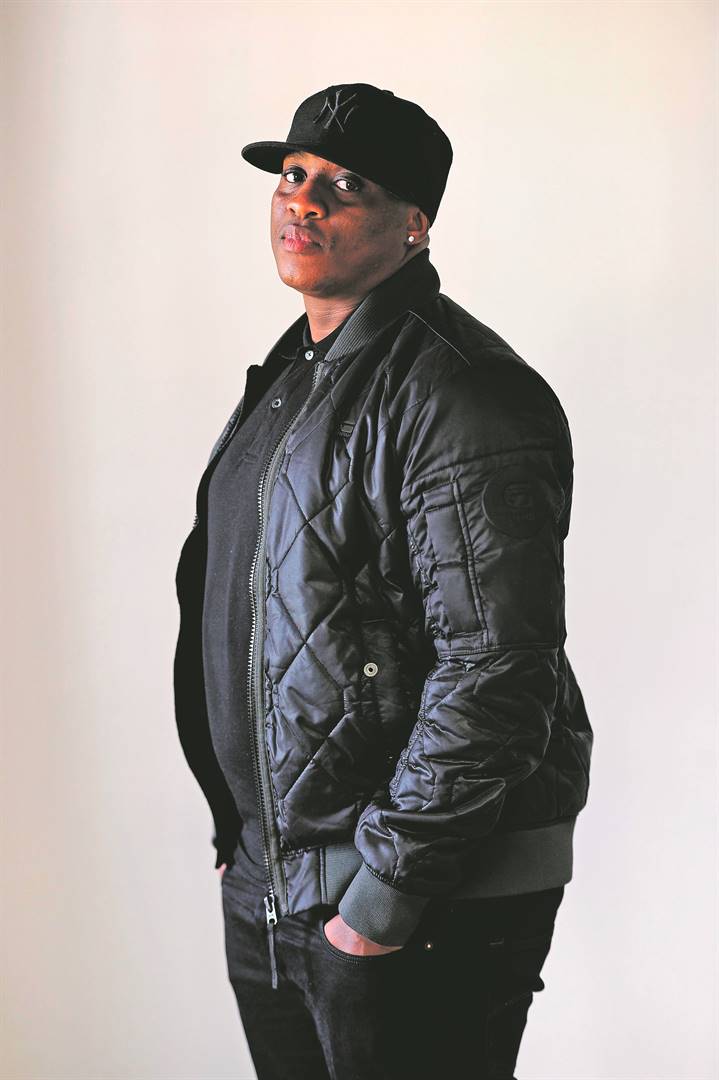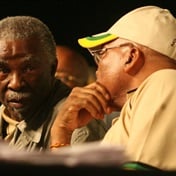
The rise of reality TV shows and the use of social media are not unique to South Africa. These shows are engaging and entertaining because they interrogate issues involving ordinary people.
They play an important role in creating awareness around critical social issues – goods and ills - in our country. These shows can also be educational and empowering to the viewers. Social media platforms facilitate discussions about these shows, and expand their digital footprint beyond our living rooms and our borders.
The footprint takes with it the faces, identities and personal stories of the show’s subjects.
Recently, I succumbed to the pressure from my family members, colleagues and social media trends to watch Uyajola 9/9 on DStv. This reality show’s aim is to expose and confirm infidelity as perceived by the victims who request assistance from its host.
My curiosity started with one episode, and my emotions were violently thrown from laughter to anger and gross disappointment. I decided to watch a few more episodes, including one involving a man pleading not to be shown on camera but his face was splashed during the episode. This left me wondering if the show’s producers disregarded his plea and aired his identity without his consent. It is not clear if the man provided informed consent at a later stage.
This raises the most critical question about the producers’ first duty in this reality show. Is it largely leaning towards the viewers, subjects or investors? You be the judge.
The Constitution guarantees the rights to privacy, human dignity, self determination and the protection of physical and psychological integrity. I witnessed all these rights being directly and indirectly violated by the show’s crew.
It seems those accused of infidelity are being coerced into these dramatic episodes. Informed consent requires that the participants fully understand how the video information will be edited and utilised. It is also important that they act freely and not be coerced by emotions and other constraining situations, have the mental capacity to make informed decisions, give authorisation and are aware they can withdraw or modify their consent. Coupled with this is the full appreciation of the benefits and risks associated with airing these episodes.
The recent use of a woman’s compromising pictures on the show’s Facebook page is seriously concerning.
Social media posts have a life of their own and one cannot control how far and fast they could go. They can also be screen grabbed, saved and reshared. I am hoping the show has a process of screening the requests from the victims, and provides psychological assessment and support in order to prepare them for the surprising findings. I also hope they’ve got processes that uphold the country’s laws.
Another episode involved a couple in their fifties. It was shocking to see how the alleged cheater was objectified, dehumanised and her dignity violated on TV. The host’s questions were very disrespectful and a reflection of ubuntu deficit. Africans value how we treat our elders, irrespective of their social class. Such behaviour might set a bad example for younger viewers, further eroding the moral fabric of our society. Critically, infidelity and human dignity are not mutually exclusive. We also need to ask ourselves about the impact of inequality and if social stratification plays a role in these cases.
It makes one wonder if the show will adopt the same approach when going after people with social and financial capital which would enable them to fight to protect their rights. Existence of or access to this kind of capital makes it difficult to exploit certain members of the society. The show is marked by interpersonal violence portrayed as a tool for conflict management. This is a psychological issue and possibly a reflection of the country’s social psychology, which should be dealt with accordingly.
The “bouncers” don’t intervene in certain instances and become actors in the drama. In one episode a bouncer was seen pulling blankets off the alleged cheaters while they were in bed. People cannot be merely used as the objects of entertainment and a means to an end, especially the vulnerable members of our society.
Furthermore, there is evidence of bouncers holding alleged cheaters against their will. In one episode the alleged cheater tried to escape from being physically harassed by his wife and his girlfriend, but he was held against his will by the bouncers and forced into the vehicle. This is a gross violation of his rights. The show and DStv cannot assume a role of a passive player or platform provider.
There is another interesting question about the media’s responsibility towards society, especially when there is empirical evidence linking exploitation and humiliation to mental illnesses and antisocial behaviour. More important, is the impact of major childhood stress on the mental health of children. What responsibility do we all have towards the children and extended family members of the subjects who are publicly humiliated?
The show may have unintended consequences of negatively affecting family relations, employment opportunities, future relationships, bullying of the subjects and their children, among others. We obviously need to remember that adults have a right to give their consent but there is a corresponding responsibility for producers to avoid psychological and physical harm and the violation of human rights.
An aggrieved partner can easily make a decision to air personal issues in the media whereas the rest of the family unwillingly gets pulled into the drama. One wonders what kind of support the participants and their immediate families get.
Indeed, a delicate balancing act is required to calibrate competing interests between production goals and responsibility towards building a good society. Can we afford to use entertainment as an enabler of human rights violations in a country rife with gender-based violence?
Uyajola 9/9 should be commended for showing that gender-based violence affects both women and men. October is a mental health awareness month and we cannot use entertainment to inflict psychological harm on the vulnerable members of our society. The show has a moral obligation to ensure that the affected family members are provided with or referred to relevant support services.
Apartheid objectified and dehumanised black people. We should reject any form of objectification of people and also question if some of this show’s actions are morally sound and legally defensible. It seems Uyajola 9/9 is just but a tip of the iceberg thus requiring intentional monitoring and intervention by the relevant parties.
Kubheka is from Health IQ Consulting, which provides risk management, quality improvement and clinical ethics services in the health sector




 Publications
Publications
 Partners
Partners








